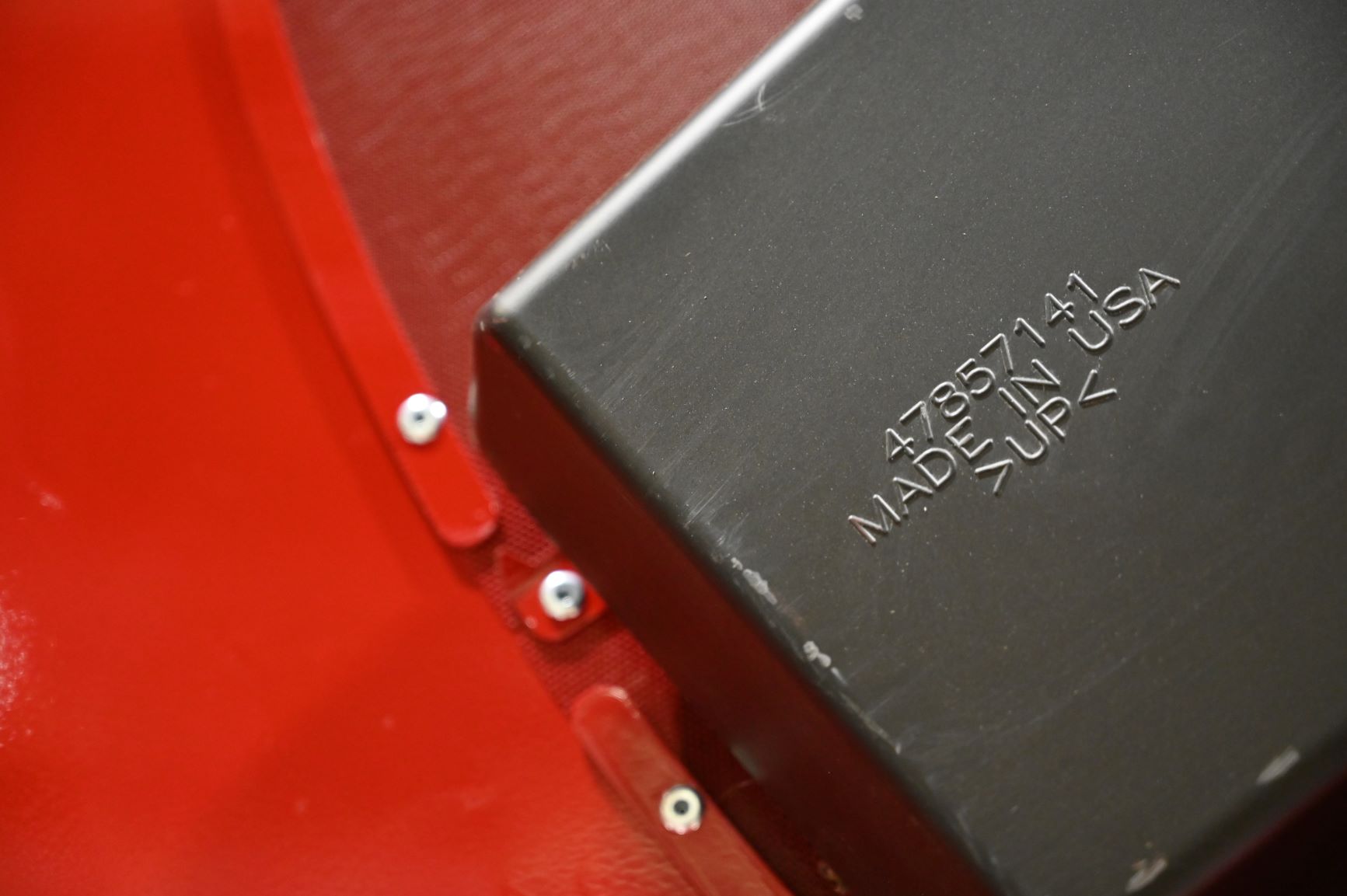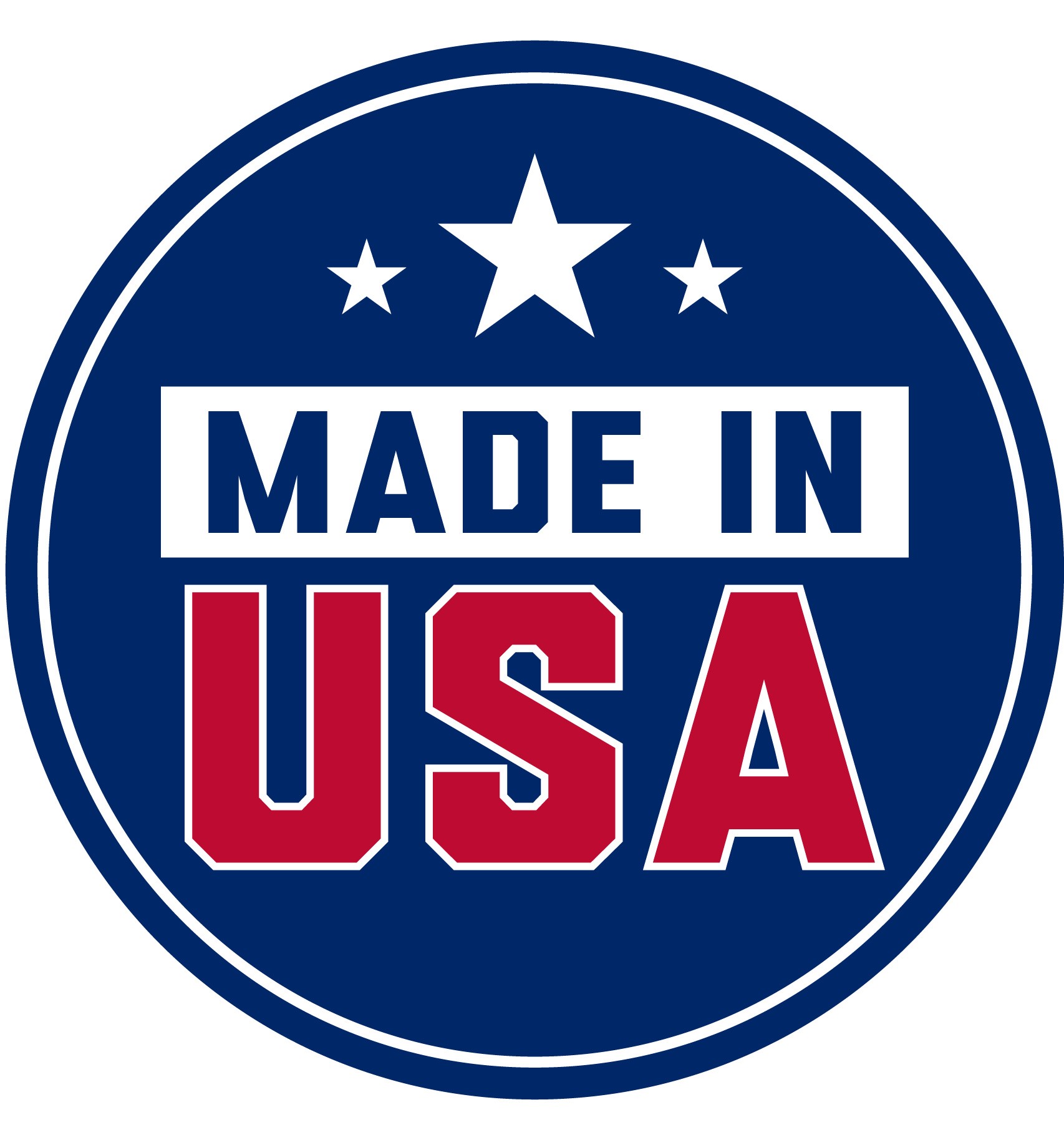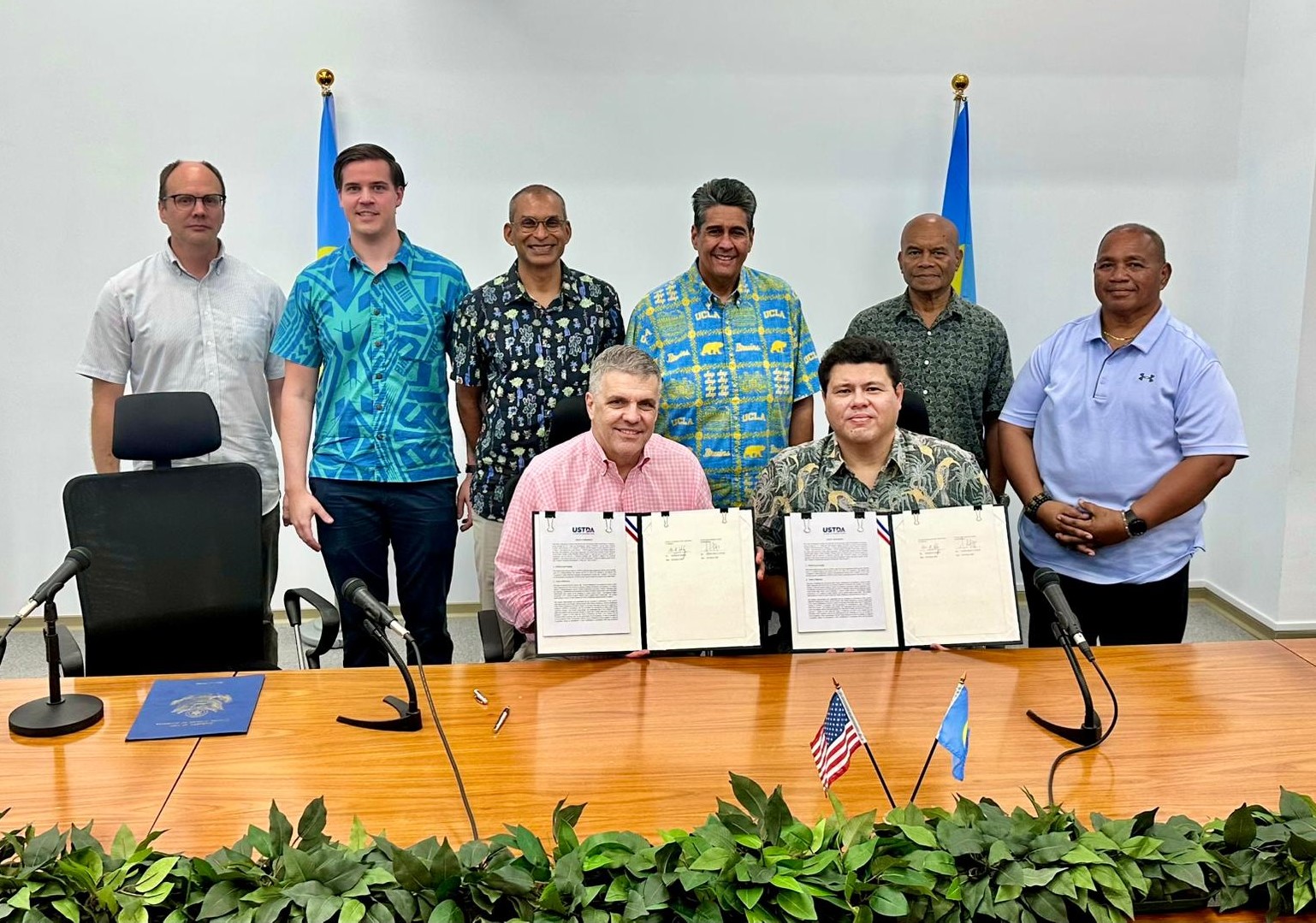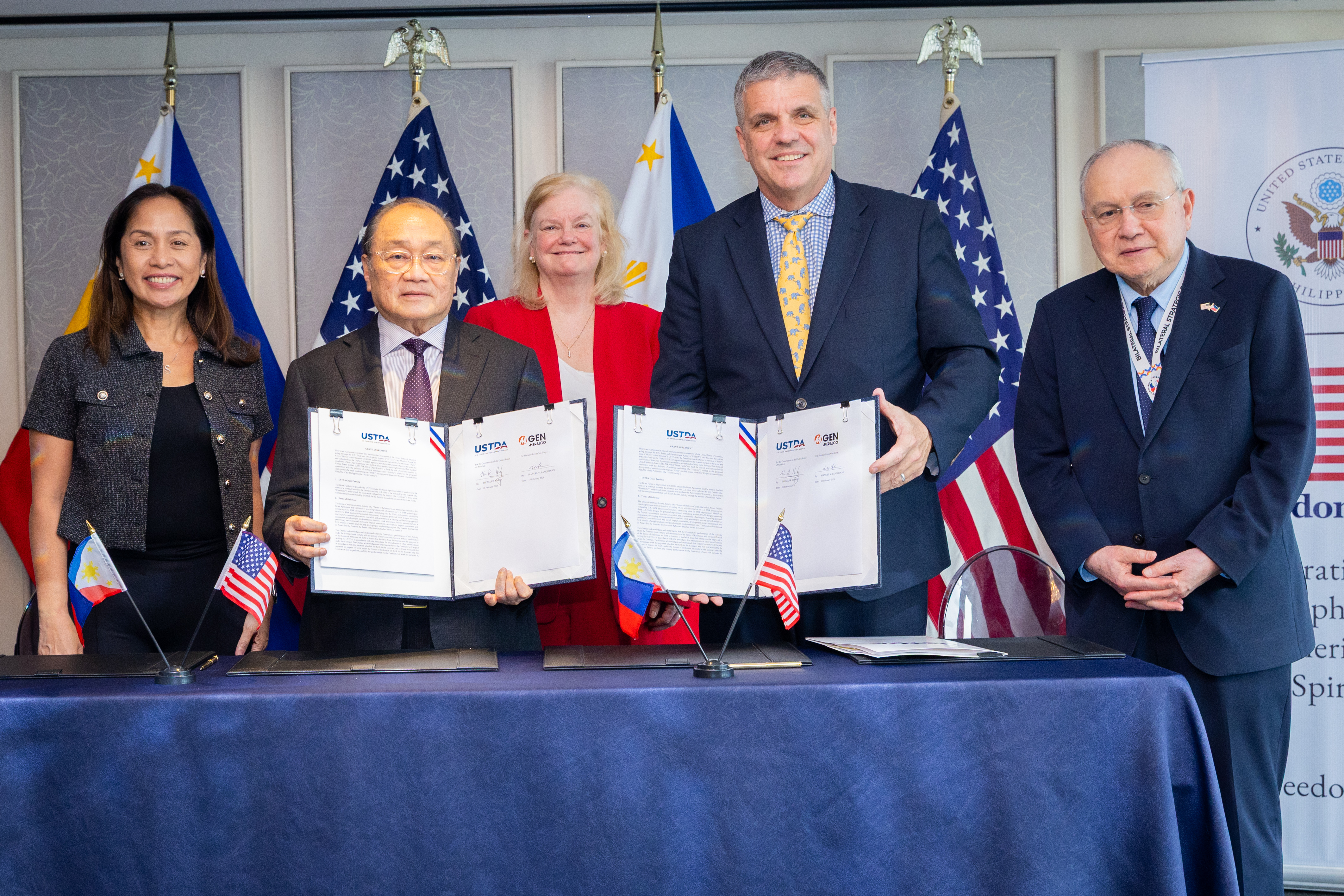Catalyzing Overseas Infrastructure
We are the U.S. government’s first mover on critical infrastructure development abroad, advancing the shared strategic priorities of the United States and our overseas partners while creating opportunities to deploy trusted U.S. solutions.
Subscribe for Updates
Accelerating Project Development
-

Feasibility Studies
-

Technical Assistance
-

Pilot Projects
-

Transaction Incentives
-

Reverse Trade Missions
-

Industry Events

$127 Billion
U.S. exports supported
~380
Communities with small business exports
$226
Average U.S. exports per programmed dollarThe Latest

USTDA Advances U.S. Leadership in the Pacific Islands through Palau Airport Project

USTDA Brings U.S. Small Modular Reactor Technology to Strengthen Philippines Energy Security

USTDA Deputy Director Hardy to Advance U.S. Infrastructure Interests in the Indo-Pacific

